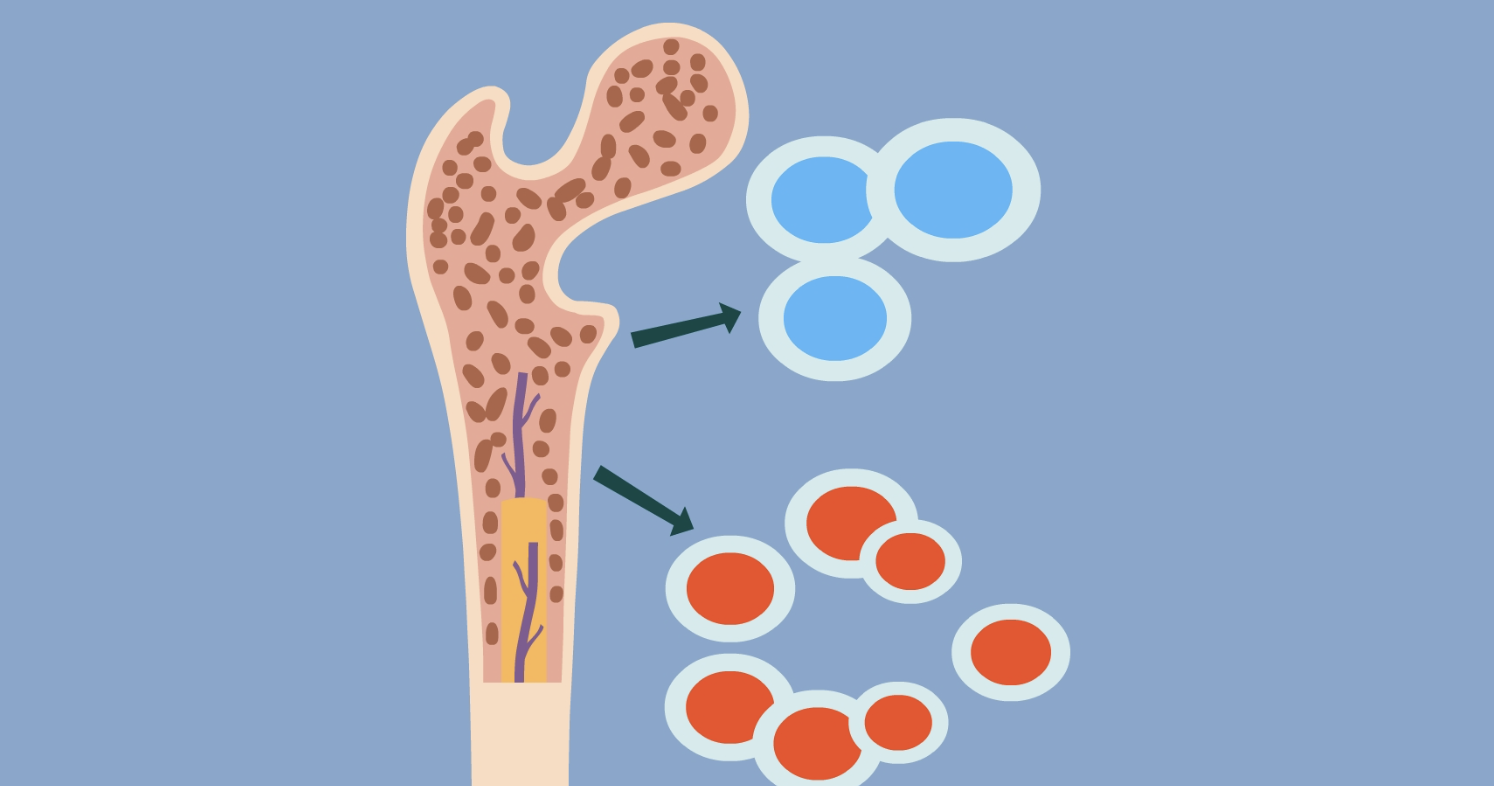Medical
Study Shows That a Blood Pressure Drug Combined With Radiotherapy Improves Outcomes In Locally Advanced Pancreatic Cancer
Pancreatic cancer is known to be a highly fatal and incurable type of cancer known as the "king of cancers". Currently, the only possible cure for pancreatic cancer is the complete surgical removal of the tumour tissue. Once the cancer has spread beyond the pancreatic organ, the patient's treatment options are very limited.

Pancreatic cancer is a highly fatal and incurable type of cancer known as the "king of cancers". Currently, surgery to completely remove the tumour tissue is the only possible cure for pancreatic cancer. Once the cancer has spread beyond the pancreatic organ, the patient's treatment options are very limited.

A recent phase II clinical trial led by researchers at Massachusetts General Hospital (MGH), a teaching affiliate of Harvard Medical School, has identified a promising combination treatment option for patients with locally advanced pancreatic cancer.
By locally advanced pancreatic cancer, we mean that the patient's cancer has spread but is confined to nearby tissue and has not metastasised distally.

This combination therapy is specifically a combination of a FOLFIRINOX (folinic acid, fluorouracil, irinotecan and oxaliplatin) chemotherapy regimen, radiotherapy and an antihypertensive drug called colesartan. The use of this therapy is to eliminate as much of the tumour as possible before the pancreatic cancer patient undergoes surgery to remove it, and this has been shown to be effective through a phase II clinical study.
In the study, published in Clinical Cancer Research, researchers analysed blood and tissue samples from patients with locally advanced pancreatic cancer who were/were not treated with this combination therapy. The researchers found that the new combination therapy effectively improved the patients' gene expression, which is associated with normalisation of blood vessels and the migration and maturation of various immune cells.
By adding the blood pressure drug Coxsartan to radiotherapy, the gene expression of tumour cells that invade normal tissues in the body was reduced. In addition, Crosartan was involved in changes in blood levels of various molecules involved in vascular health and immune response in the body. Closer to home, patients in the combination treatment group were treated with a reduction in the number of cells that suppress the immune response and an increase in the number of vital immune cells that can be used to kill cancer cells.

"Our findings suggest that cloxacin may enhance radiotherapy for pancreatic cancer by reducing tumour aggressiveness and decreasing immunosuppression in the body. The results are important because they not only reveal how losartan works in synergy with standard treatment regimens, but also provide valuable information for overcoming possible immunotherapy resistance in pancreatic cancer, such as immune checkpoint blockers," said the study's senior author, director of the E.L. Steele Laboratory of Tumour Biology at Massachusetts General Hospital Rakesh K. Jain, PhD, a member of the U.S. Tri-Council, and Andrew Werk Cook Professor of Radiation Oncology at Harvard Medical School, said.
Jain and his colleagues found that among patients receiving combination treatment regimens, some with poor treatment outcomes, blood levels of a molecule called soluble Tie2 increased over time, so that increased soluble Tie2 (involved in neointima formation) may be a new indicator of pancreatic cancer tumor progression.

"Inspired by our published research on the addition of cloxacin to treatment, several clinical trials in pancreatic cancer patients are currently underway to assess the effectiveness of adding cloxacin to different chemotherapy or chemotherapy + immunotherapy," said Jain. "When completed, these clinical trials will demonstrate whether losartan, when combined with different therapies, improves outcomes and long-term survival in patients with pancreatic cancer.
-
![]()
![]() MedicalDec 24, 2024
MedicalDec 24, 2024Intestinal flora can help the human body resist virus infection
-
![]()
![]() MedicalDec 23, 2024
MedicalDec 23, 2024New Treatment Effective In Up To 73% Of Multiple Myeloma Patients!
-
![]()
![]() MedicalDec 22, 2024
MedicalDec 22, 2024Why excimer laser can treat myopia
-
![]()
![]() MedicalDec 21, 2024
MedicalDec 21, 2024More Significant Survival Benefit For Non-Small Cell Lung Cancer Patients Under 55 Years Of Age, Also Using Immunotherapy!
-
![]()
![]() MedicalDec 20, 2024
MedicalDec 20, 2024New Study: Nmn Supplementation Activates Longevity Proteins To Reduce Stem Cell Senescence And Restore Mitochondrial Function




